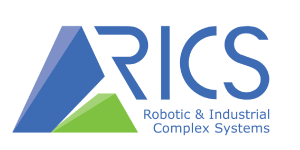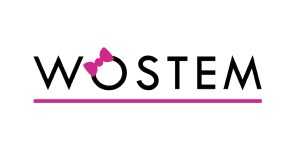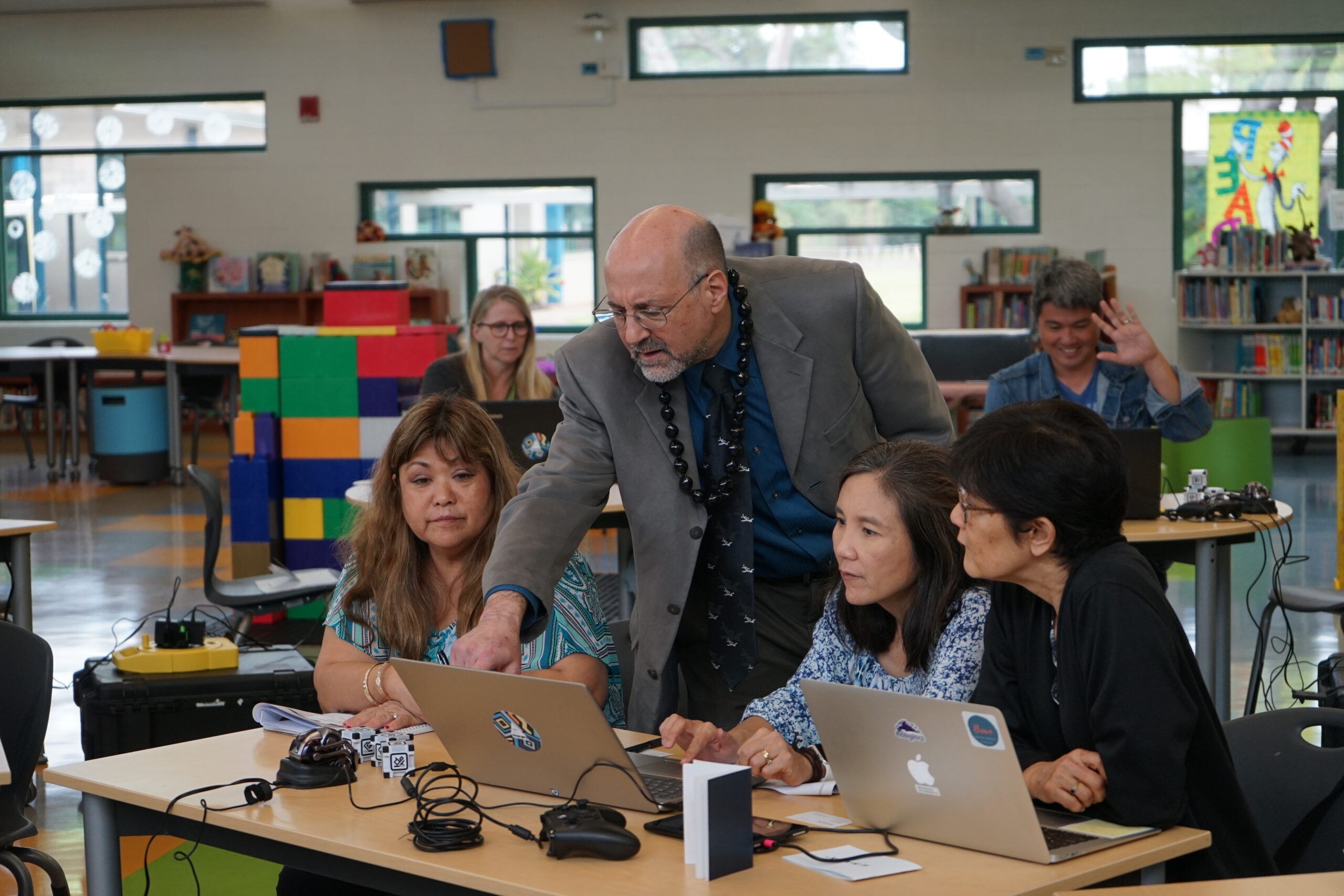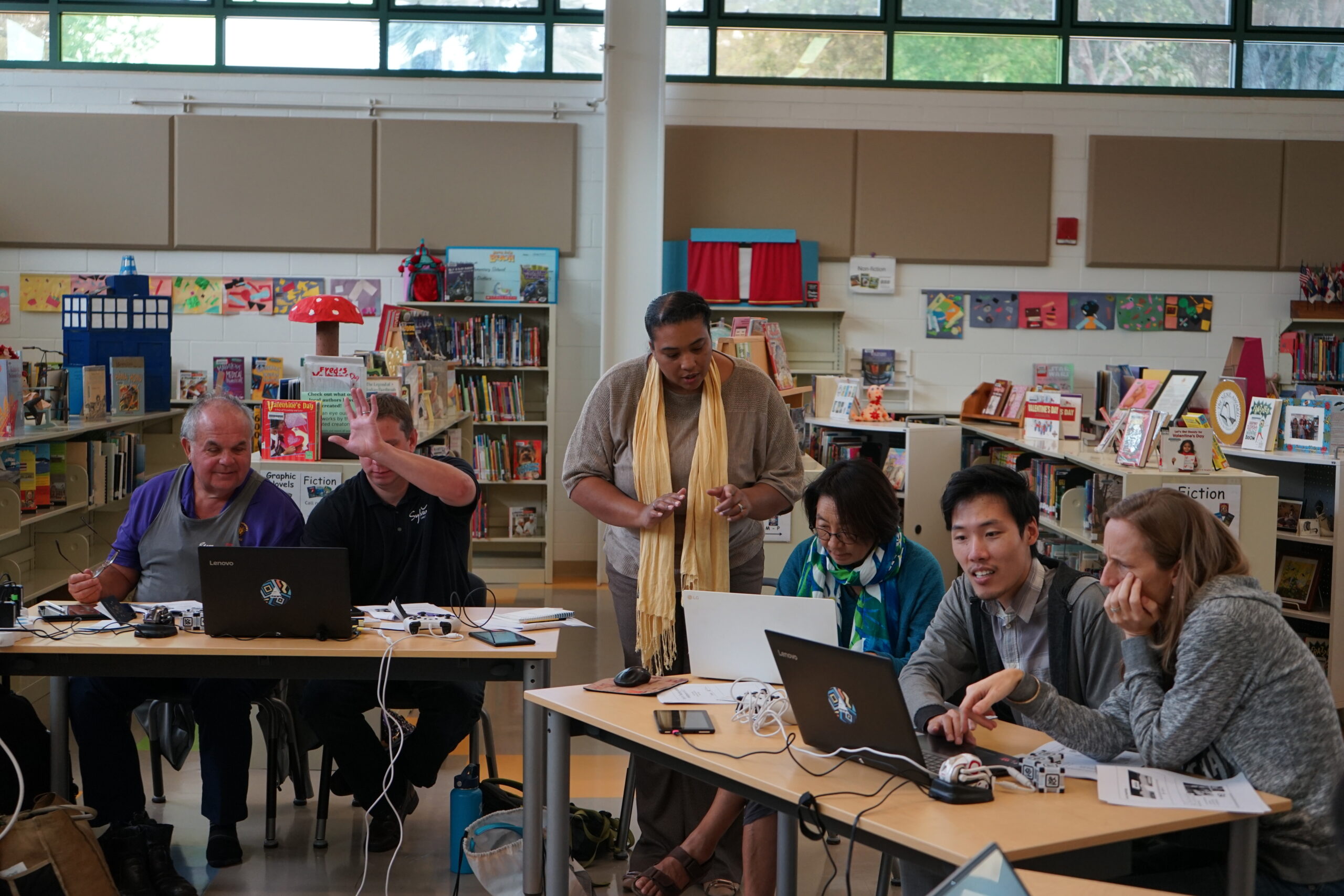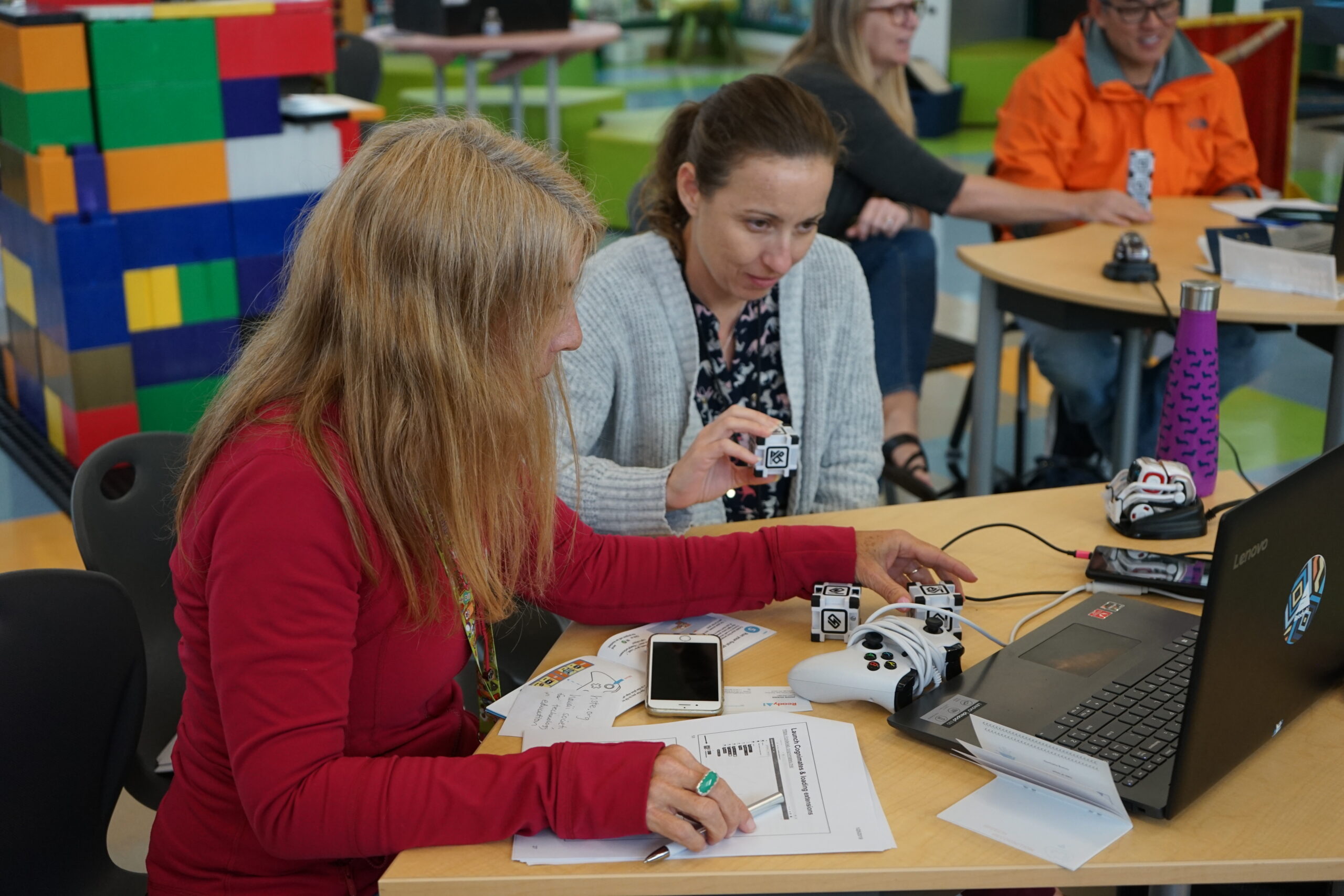AI Training for Teachers
Prepare your students to be the engineers of the future, we are here to support you in this journey
Our Vision
As learning technologies continue to develop at increasing speeds with an ever growing amount of tools available for students to learn core skills in STEM, perhaps the technology that is best primed to change our shared future is that of artificial intelligence. Despite the immense promise of AI as a cultural force and as instructional material, teacher preparation programs and professional development have failed to adequately address existing needs. In order to fill this documented gap in offerings, ReadyAI proposes the creation of three levels of teacher training courses to address the needs of beginners through advanced users.
Starting with foundational ideas in what constitutes AI and where AI appears in our world and moving through to the building of ready-to-deploy learning projects for students, our teacher training programs will help build a robust educator work force capable of “increasing the overall level of AI education, upgrading the labour force qualifications, and fostering the specialization in AI fields” as recommended in AI Portugal 2030 and also in line with the Digital Education Action Plan (2021-2027) issued by the European Commission.
Portugal’s AI strategy is based on 7 Pillars of Action of the National Strategy for Artificial Intelligence, one of them focuses on Inclusion and Education – widespread dissemination of AI knowledge, stating that “a foundation a for AI education is needed, disseminating STEM knowledge and promoting early acquisition of coding skills.” It is in this pillar that we focus on, creating the conditions, digital infrastructure, logistics, system, process and training in order to facilitate and support educational institutions to fulfill what is defined in this pillar. Important to note also the DigComp 2.2 framework that mention that “citizens should be aware that AI is used in different ways in today’s societies and that it can affect various aspects of their lives” and “citizens should be able to interact with day-to-day technologies that rely on AI” to achieve these requirements presented in the DigComp 2.2 is critical that we prepared the students today.
Welcome to AI Training for Teachers!
Ready AI Portugal is focused on supporting Portuguese schools and teachers through their municipalities and CIMs in order to create regional hubs of AI Education that will support the training of teachers in the field of AI.
If your municipality is not yet in the program please contact us.

Project Deliverables
As suggested, our teacher education programs will be divided into three, 5-day experiences wherein teachers are immersed in a spectrum of AI learnings. You will get the following benefits for each level that you complete:
- Free access to new curriculums
- Annual professional development
- Be in ReadyAI certified teachers system where you can be found
- Become qualified to be judges of national and international WAICY judge.
In level 1, educators will gain essential knowledge of what constitutes AI as well as how to recognize real world applications. Today’s learners will need to know where AI occurs in their everyday lives as well as the ways that it may impact their futures. Educators will come to value that using AI demands knowledge, skills, and dispositions that go beyond coding.
The work in this course will also demonstrate how AI can extend into all areas of school curricula, not simply in STEM specific coursework. At the end of the program, teachers will have developed a lesson/project that makes use of “unplugged” activities related to artificial intelligence in a chosen disciplinary background.
Teachers who complete the Beginner course will be able to:
- Explain the “Five Big Ideas in Artificial Intelligence” as defined by AI4K12.org.
- Identify everyday applications of artificial intelligence technology, such as voice-based assistants like Siri and Alexa, driver assistance features such as lane departure warnings and auto-parking in modern automobiles, and language understanding systems such as Google Translate.
- Lead students through in-class AI explorations using tools such as Teachable Machine or Google Quick-Draw that do not require programming.
- Build learning scenarios in order to integrate AI in the classroom
Our level 2 course continues core learnings in artificial intelligence while further exploring pathways to embedding AI into teaching practices. Topics in this offering include machine learning, search algorithms, deep learning, and recommendation engines. Each topic will include a specific learning activity that connects an aspect of AI to its real-world implementation.
In order to further support educators in implementing these more developed projects into their pedagogy, this program will also explore how to more deliberately assess creativity, data fluency, and critical, design thinking.
Teachers who complete the Intermediate course will be able to:
- Conduct in-class paper and pencil activities introducing fundamental AI concepts such as machine learning and breadth-first search.
- Guide students to create their first AI programs using speech recognition, speech generation, and facial expression recognition via Cloud Calypso.
- Show students how speech recognition works using online tools to explore the pathway from waveforms to spectrograms to phonemes to meaning.
- Build learning scenarios in order to integrate AI in the classroom
The level 3 section is for those learners who have a robust understanding of AI and who have continued to develop their code-based abilities. In this course, educators will learn how to use AI-specific robotics in the style of self-driving cars and robots who can perform facial recognition operations in the service of developing advanced projects for their classrooms.
Given the complexity of these projects as they exist in the real-world, this course will deeply explore how the development and use of AI requires substantive conversations on topics such as bias, data transparency, and the protection of privacy.
Teachers who complete the Advanced course will be able to:
- Discuss the impact of AI in different sectors – economical, ethics, social and cultural
- Use AI to to teach students how to construct AI applications/projects with different types of tools and platforms
- Know how to use Generative AI to enhance student learning
- Build learning scenarios in order to integrate AI in the classroom
AI Teacher Journey

Completion
Under completion teachers will receive a certificate regarding the completion of the course. For each level they will also receive a digital badge. There are also opportunities to become regional/local ambassadors.
In some situations, we will establish a partnership with a teacher certified training center in order to officially recognize the completion of the course for the 3 levels.
Certifications recognition:
- Course certificate
- Badges for each idea you learn
- Official recognition from a teacher certified center
Who You’ll Learn From
Get full support from experienced educators and researchers during the training.
Get Notified
